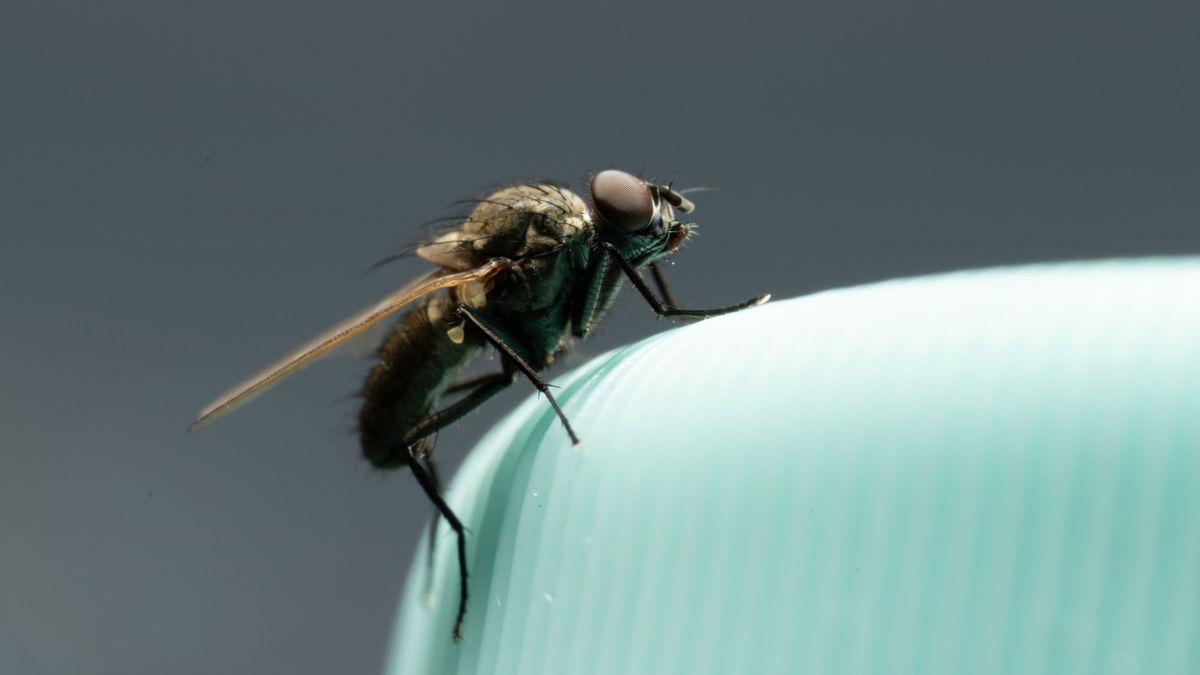CLEVELAND, January 12, 2021 / PRNewswire / – A new analysis by the Freedonia Group predicts that demand for home and garden insecticides will increase an average of 2.5% per year $ 1.5 billion in 2024, compounded by booming gardening amid the 2020 Covid-19 pandemic. Insect control and insect repellant use continues to be aided by concerns about insect-borne diseases, which will help sustain the continuing need for insecticides:
- Endemic but rare insect diseases exist in the United States, and regular outbreaks of dangerous viruses tend to be widely publicized.
- Globalization and climate change also mean that overseas viruses occasionally gain a foothold in the United States.
- In recent years, the top insect-borne diseases of concern have been West Nile virus, Lyme disease, eastern equine encephalitis, and Jamestown Canyon virus.
While DEET remains the most widely used ingredient in insect repellants, DEET alternatives are rapidly gaining market share. In particular, the oil from lemon eucalyptus products has performed well in recent years and is expected to continue to grow rapidly. The strong health and environmental profile of lemon eucalyptus repellants makes them popular with children and in the garden.
Picaridin-based products have also become more common since their introduction in 2005. These products are popular because they are odorless and effective, although they tend to have a premium on DEET products and are less attractive than lemon eucalyptus oil to environmentally conscious customers.
Would you like to learn more?
Home & Garden Insecticides, a spin-off from Home & Garden Pesticides, is now available from the Freedonia Group. This report covers the United States home and garden insecticide market including products used by non-professional residential pesticide applicators.
Products include:
- Products to control household insects (e.g. for flying and crawling insects, fleas and ticks, other household pests such as mites and spiders)
- Insect repellants (e.g., sprays for use on the skin, indoor repellants, insect repellants for use in outdoor living spaces)
- Lawn and lawn products such as pyrethroids and neonicotinoids,
- Garden maintenance products
The demand is also broken down into formulations:
- liquids
- Aerosols
- granules
- Powder and dust
- other formulations (e.g. gels, pastes, solid shapes such as blocks and bars)
In addition, retail sales for house and garden insecticides are analyzed in the following segments:
- Wholesaler
- Home centers
- Internet and mail order
- Garden center
- other retailers (e.g. hardware stores, feed and seed stores, drug stores, grocery stores, convenience stores)
About the Freedonia Group – The Freedonia Group, a division of MarketResearch.com, is a leading international industrial research company that publishes more than 100 studies annually. Since 1985 we have served clients ranging in size from global conglomerates to one-person consulting firms. More than 90% of the industrial companies in the Fortune 500 use Freedonia Group’s research to help with their strategic planning. Each study includes product and market analysis and forecasting, in-depth discussions of key industry trends, and market share information. Studies can be purchased at www.freedoniagroup.com and are also available at www.marketresearch.com and www.profound.com.
Press contact:
Corinne Gangloff
+1 440.842.2400
[email protected]
SOURCE The Freedonia Group
similar links
https://www.freedoniagroup.com









